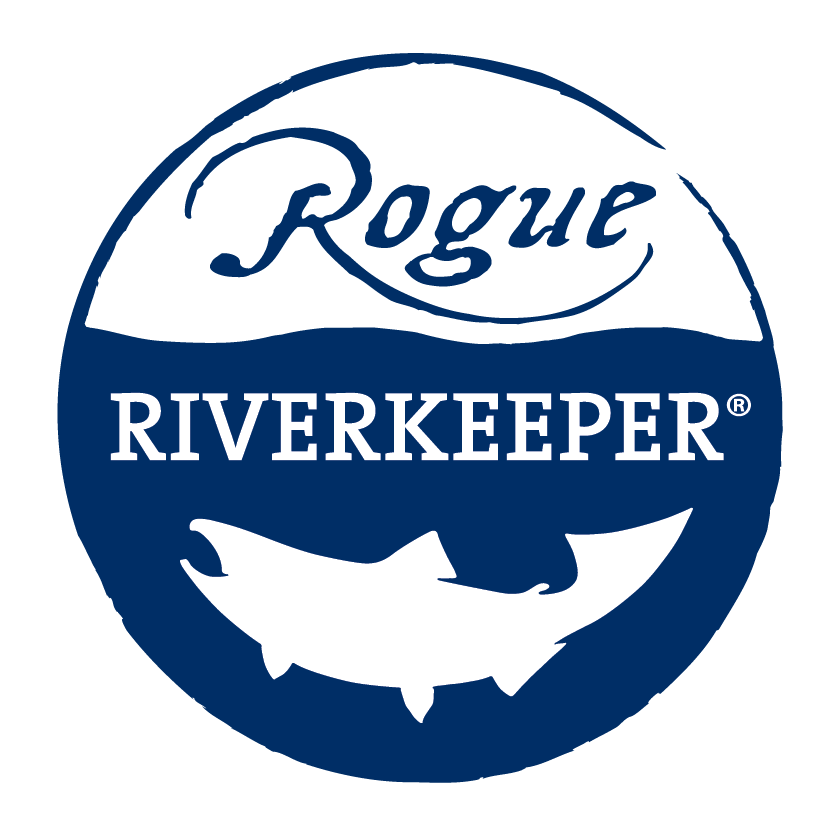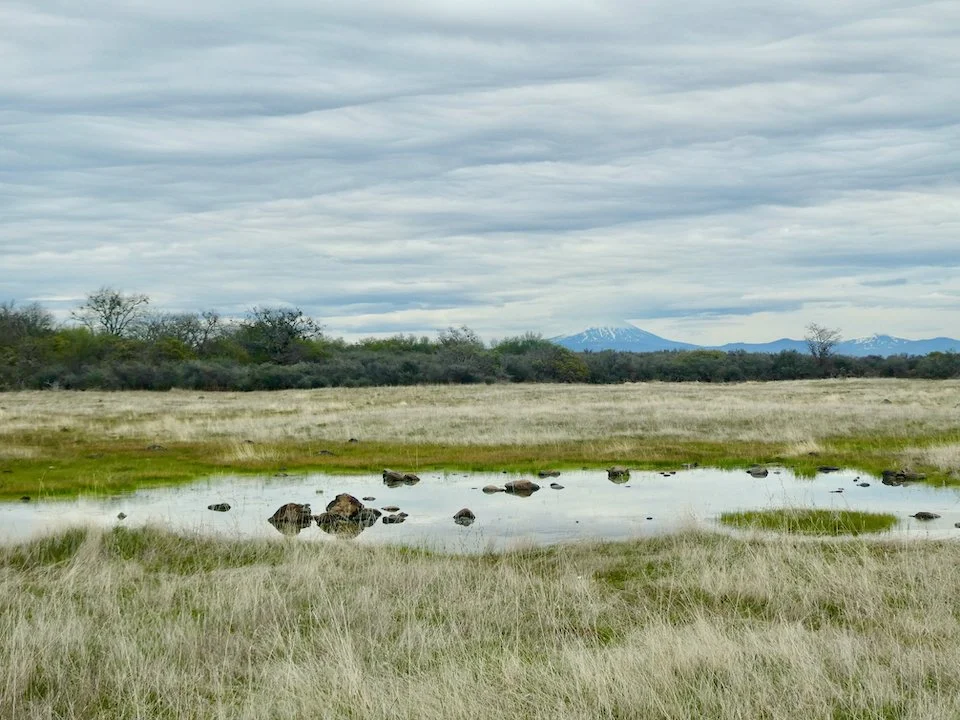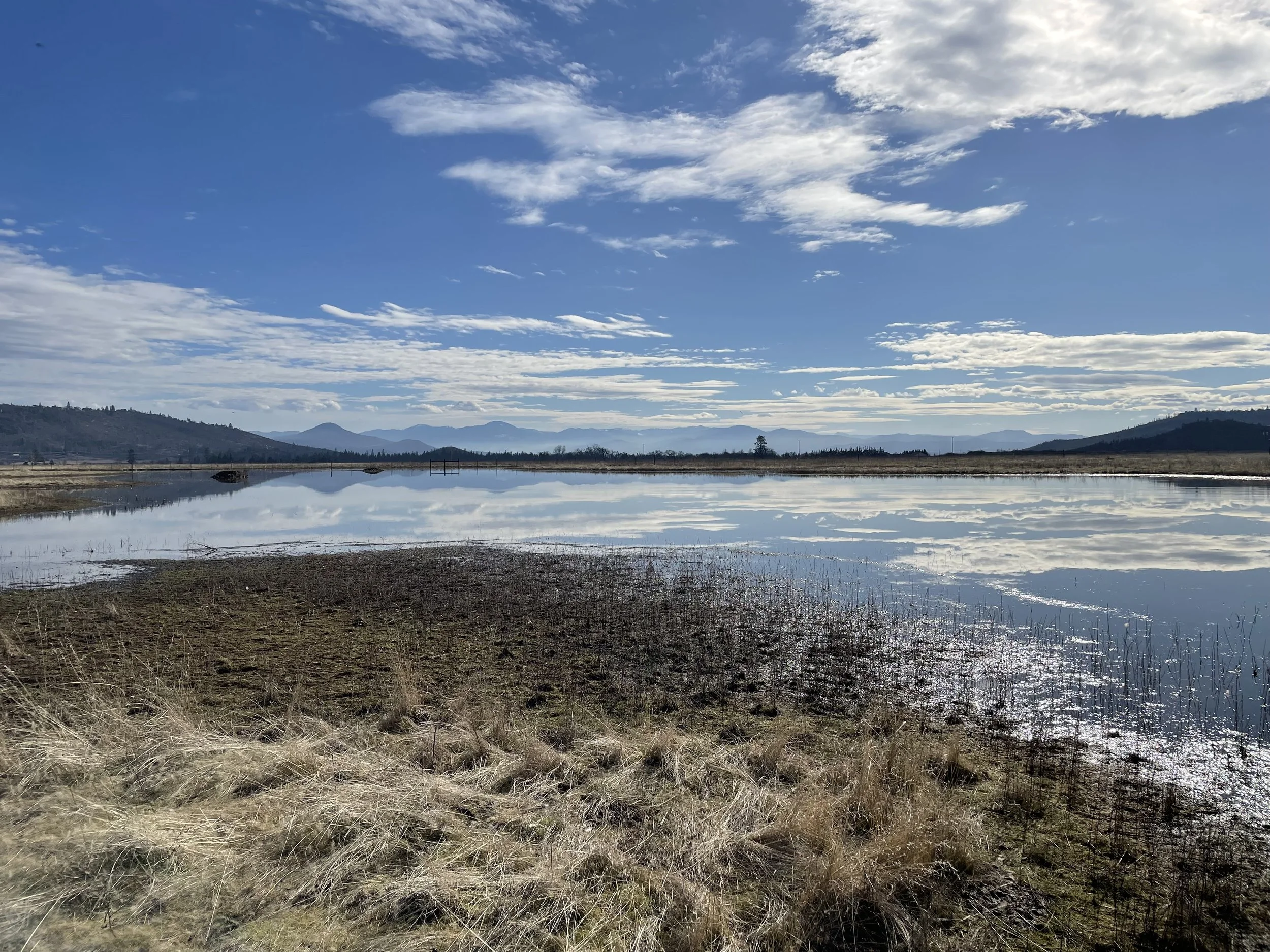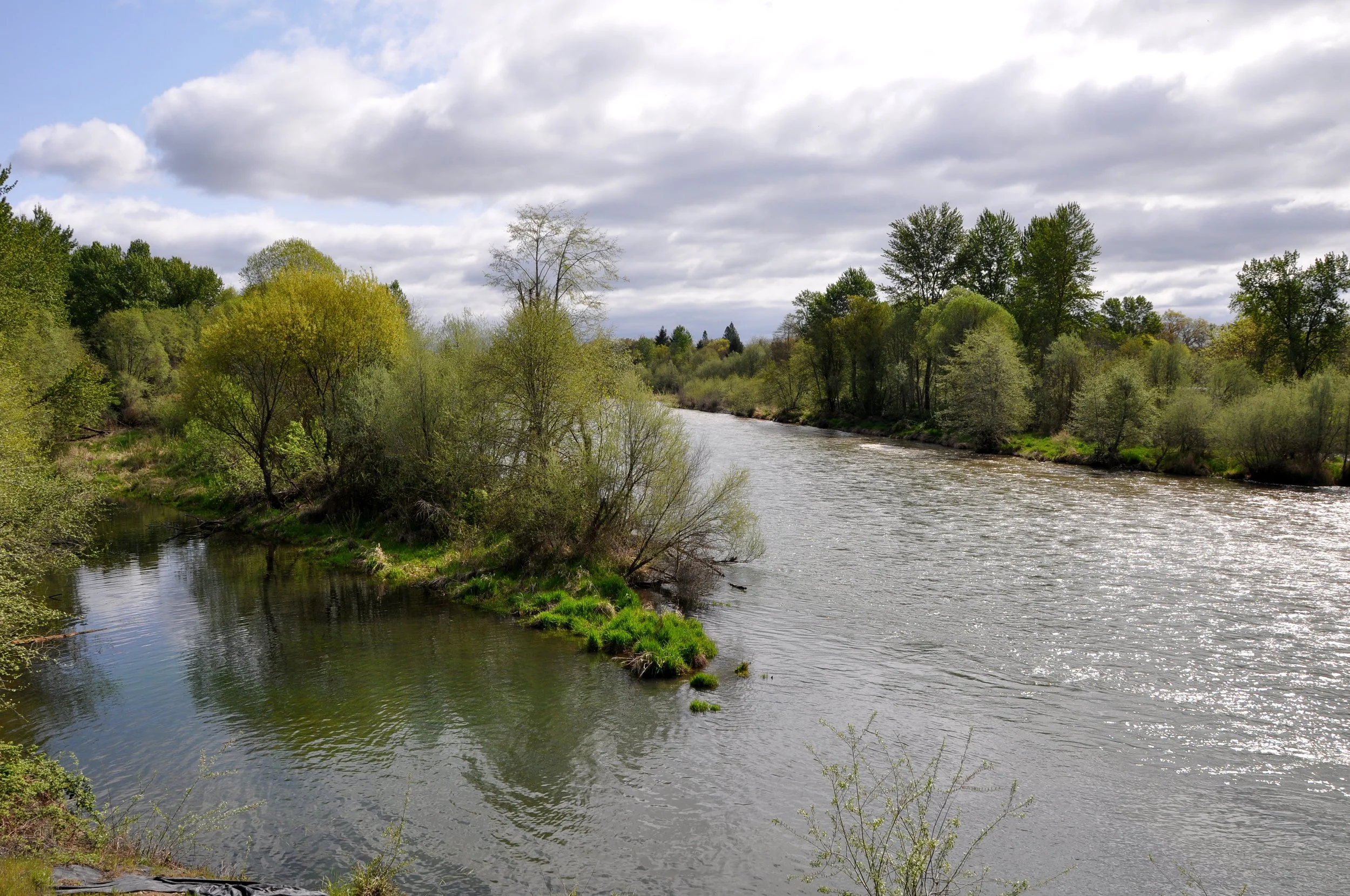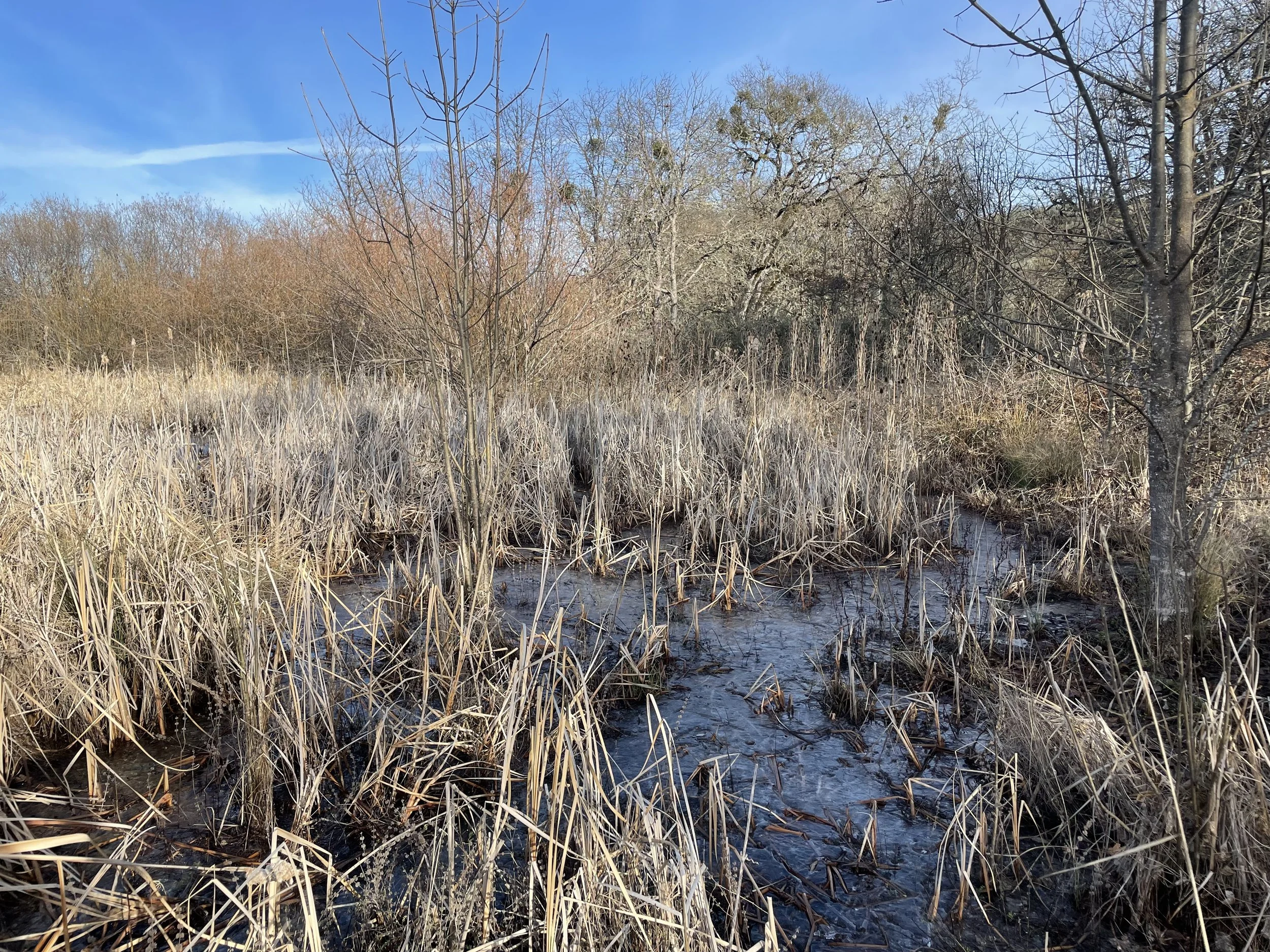Five years after Congress designated 120 miles of the Wild Rogue’s tributaries as Wild & Scenic, we are still waiting for the Medford BLM to update the management plan. As part of an update, we are looking to amplify recommendations laid out in the agencies’ own report. Read more.
Read MoreCelebrate World Wetlands Day by learning about the critical role that wetlands play here in the Rogue River watershed!
Read MoreIn the heart of southern Oregon near the Bear Creek Greenway, a much-needed victory has taken place. Learn more about Blue Heron Creek here.
Read MoreLast week the House Democrats introduced the Clean Water Act of 2023 and we find ourselves at a crucial crossroads for our rivers and water bodies nationwide. Learn more about the CWA of 2023 and what its updates could mean in this blog.
Read MoreYour help is needed. On Tuesday, August 29, 2023, the Environmental Protection Agency (EPA) released its final Waters of the United States (WOTUS) rule in light of the Supreme Court’s decision in the Sackett v. EPA case that notably shrinks the waters previously sheltered under the WOTUS framework.
Read MoreFor voters registered in the small town of Gold Hill, ballots for a special election are due on August 22. This special election is to determine if the city of Gold Hill will be annexed into the Rogue Valley Sewer Services district (RVSS). Learn more here.
Read MoreLast month, Oregon wrapped up its legislative session, and there are updates to a number of bills Rogue Riverkeeper has been tracking. Here are the final updates on several pieces of legislation we think you should know about.
Read MoreThe US Environmental Protection Agency (EPA), announced its revisions to the Clean Water Act (CWA) on December 30th 2022. These changes go into effect March 20, 2023. See our blog for more information about Waters of the United States, or WOTUS.
Read MoreThe very laws that allowed Rogue Riverkeeper and our partner organizations to defeat the Jordan Cove LNG pipeline and export terminal project are now being threatened by a bill that would allow developers to circumvent important land use laws to massively dredge Oregon's estuaries.
Read MoreThe US Environmental Protection Agency (EPA), announced its revisions to the Clean Water Act (CWA) on December 30th 2022. These changes go into effect March 20, 2023. See our blog for more information about Waters of the United States, or WOTUS.
Read MoreThanks to over two thousand responses from the public regarding the possibility of a long-term business agreement to allow commercial jet boats to operate at TouVelle Recreation Site, Oregon Parks and Recreation Department has decided to abandon the project. Read more at in our blog post here.
Read MorePFAS, one of many kinds of “emerging contaminants”, have been increasingly in the news as recent research has found these compounds more ubiquitous and harmful than previously believed. Learn more about RRK’s work in testing for PFAS in the Rogue basin.
Read MoreRogue Riverkeeper keeps an eye on upcoming laws that will be considered by the state that will affect water, fish, and recreational opportunities in the Rogue Basin. As the year progresses we’ll continue to update the community on how legislatures are developing water policy in the Rogue Basin. Check out our blog post to learn more about proposed laws that will protect local waterways.
Read MoreThis year, we celebrate #ACT50 as a collective call to unite in the fight for clean water. Working together, we can ensure that water is drinkable, fishable, and swimmable by enforcing laws, holding polluters accountable, and empowering citizens.
Read MoreRogue Riverkeeper is working diligently to protect the Rogue River’s integrity by pushing for the denial of RogueJet’s recertification to dredge over 1,000 cubic yards of sand, sediment, and gravel from 42 different locations within the Rogue River, but we need your help.
Read MoreJerry’s Rogue Jets, a commercial jet boat company out of Gold Beach, Oregon is attempting to renew their dredge and fill permit with the Department of Environmental Quality, which would dredge up to 42 sites, distributed over 30 river miles, annually. With over 1,000 cubic yards of sediment, sand, and gravel to be redeposited and discharged per proposed dredging location.
Read MoreFollowing the initial spill event as a result of the fire at Pacific Pride gas station on April 12th, 2022, the Oregon Department of Environmental Quality (DEQ) Incident Response Team has diligently provided Rogue Riverkeeper with updates from their surface water quality testing in the aftermath and clean-up of the spill. But how did this happen in the first place, and how can we prevent catastrophic events like this in the future?
Read MoreOn Tuesday, April 12th, a fire at the Pacific Pride gas station in south Medford led to nearly 13,000 gallons of oil, diesel, gasoline, and kerosene spilling into the stormwater system, surrounding soil, and Bear Creek. Rogue Riverkeeper is tracking this incident closely and staying in direct communication with Department of Environmental Quality (DEQ) representatives. Read more about the clean up and recovery efforts underway.
Read MoreUnderground water is critical, yet it is less visible making it easy to alter or damage through earth work and development. Citizen monitoring and involvement in the local planning process is critical to protect these smaller and little noticed water resources.
Read MoreIn this challenging year, thank you for supporting our work to protect the Rogue! Take a tour of work done in 2020.
Read More